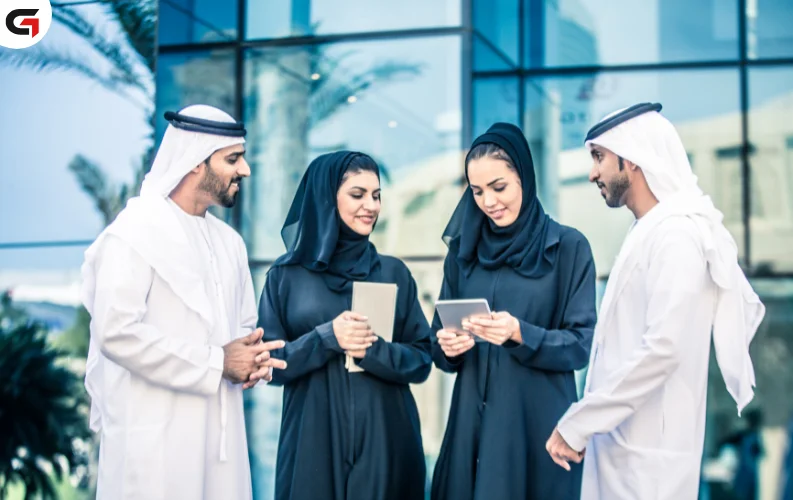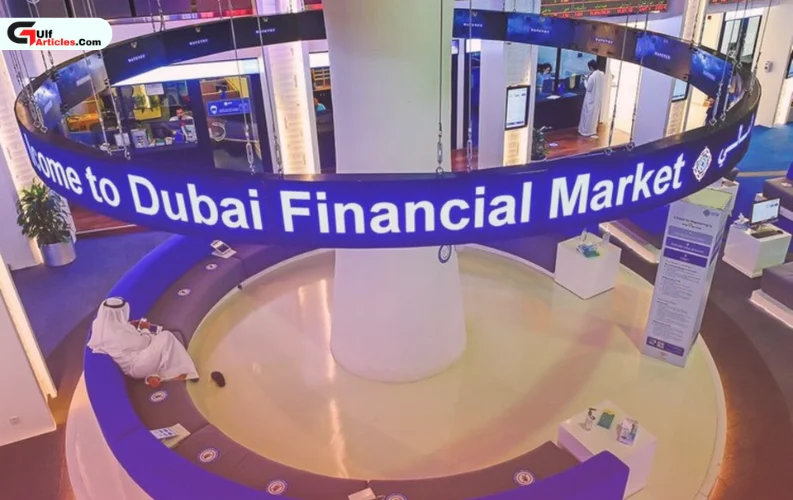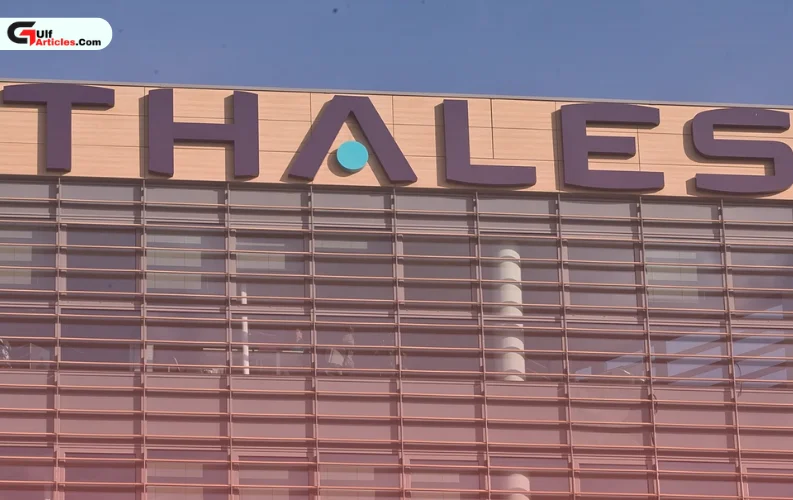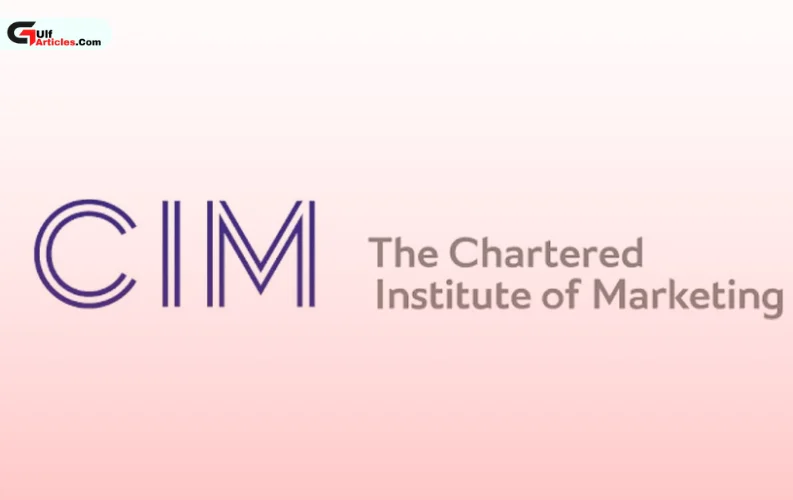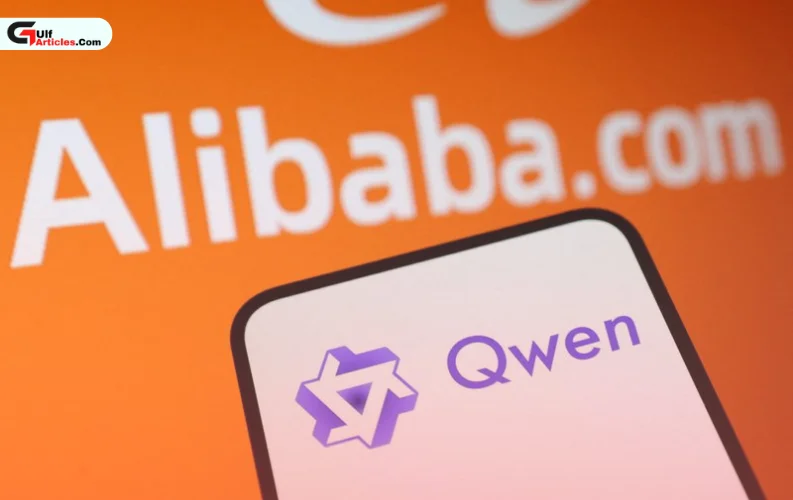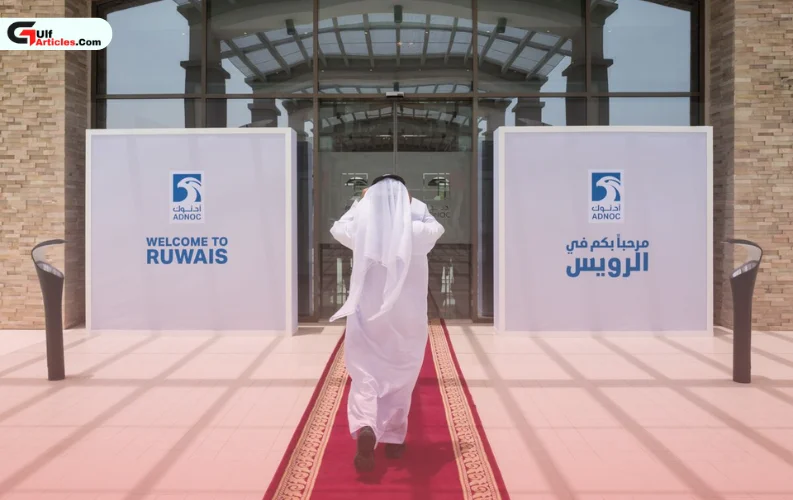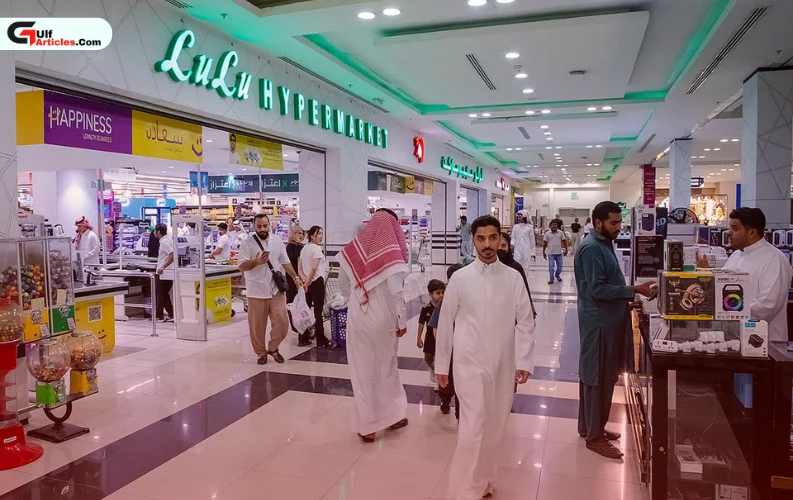In recent years, the Gulf region has emerged as a powerful epicenter of economic transformation, where bold leadership and visionary governance are shaping new global business norms. From Dubai's sky-piercing ambitions to Riyadh's long-term strategic investments, Gulf leaders are not just participants in the global economy—they are redefining its future. Their influence now extends beyond the boardrooms of regional companies into international markets, regulatory dialogues, and sustainability blueprints.
Vision Beyond Borders
At the heart of this power shift is a new generation of leaders in the United Arab Emirates, Saudi Arabia, Qatar, and Bahrain who are actively diversifying their economies. With initiatives like Saudi Vision 2030 and the UAE Centennial 2071, these nations are moving away from oil dependency and embracing knowledge economies powered by technology, innovation, and entrepreneurship.
Saudi Arabia’s Vision 2030 includes the development of entire new cities such as NEOM—a $500 billion mega-city focused on clean energy, biotech, and AI. In the UAE, cities like Dubai and Abu Dhabi have transformed into high-tech, cosmopolitan hubs that are home to advanced digital economies and global trade routes.
Key Goals of Gulf Vision Strategies:
-
Reduce dependency on oil revenues
-
Build a diversified and sustainable economy
-
Encourage foreign investment and private sector growth
-
Promote innovation, digital transformation, and entrepreneurship
-
Create job opportunities for youth and nationals
-
Foster global partnerships in science and technology
Corporate Culture with a Regional Identity
One of the most fascinating aspects of this transformation is how Gulf leaders are building corporate cultures that balance modernity with deeply rooted regional values. Family-owned conglomerates and sovereign wealth funds alike are placing emphasis on ethics, long-term thinking, and cultural diplomacy. Corporate social responsibility is becoming a core element of brand identity across sectors.
There’s also a growing recognition of the importance of women in the workplace. Initiatives like Saudi Arabia’s decision to allow women to drive and work in sectors previously restricted to men are not just cultural shifts—they're business enablers, allowing access to untapped labor and intellectual capital.
Defining Traits of Gulf Corporate Culture:
-
Long-term planning over short-term gains
-
Cultural preservation in modern development
-
Family business legacy and trust-based partnerships
-
Emphasis on sustainable and ethical leadership
-
Promotion of workplace diversity and gender inclusion
-
Integration of Islamic finance principles into modern markets
Investment with Global Influence
Gulf sovereign wealth funds—including Saudi Arabia's Public Investment Fund (PIF), Abu Dhabi Investment Authority (ADIA), and Qatar Investment Authority (QIA)—are becoming influential players in global finance. These institutions are not just investing for returns but strategically partnering with technology, infrastructure, and sustainability projects around the world.
These funds have launched bold initiatives like PIF’s investment in electric vehicles, autonomous transport, and cloud computing. Their long-term vision includes climate investments, such as wind farms in Europe or carbon-neutral industrial parks.
Notable Global Investments:
-
Lucid Motors (electric vehicle innovation)
-
Uber (transport and tech sector)
-
SoftBank Vision Fund (AI, robotics, tech startups)
-
London and New York Real Estate (strategic asset holdings)
-
Renewable energy infrastructure across Europe and Asia
-
Esports and digital media platforms (next-gen entertainment)
A Magnet for Talent and Entrepreneurship
The Gulf is no longer just a destination for labor migration—it is now a magnet for global talent and high-impact entrepreneurs. Dubai, Abu Dhabi, Doha, and Riyadh are positioning themselves as global business capitals with cutting-edge startup ecosystems, regulatory sandboxes, and tax-free zones. These cities have launched digital free zones, where blockchain and fintech startups receive fast-track licenses, access to capital, and a global customer base.
Furthermore, the introduction of Golden Visas and long-term residency permits is helping retain intellectual capital. This policy shift sends a message that the Gulf is not just a place to work—it’s a place to build a future.
Why Talent is Choosing the Gulf:
-
Progressive visa and residency policies for entrepreneurs
-
Access to capital through government-backed funds
-
State-of-the-art infrastructure and digital ecosystems
-
Low taxation and ease of doing business
-
International schools and cosmopolitan lifestyle
-
Global business networks and strategic location between East and West
A New Model of Leadership
What truly sets Gulf leaders apart is their ability to blend ambition with execution. They are not only making bold promises but backing them with infrastructure, legislation, and international collaboration. This new model of leadership is less about rhetoric and more about measurable impact.
Public-private partnerships are central to this new model. Governments are collaborating with international experts and private companies to deliver megaprojects with world-class standards. Leaders are also making deliberate efforts to improve transparency and governance, encouraging international companies to list on local exchanges, and integrating ESG standards into reporting frameworks.
Elements of the New Gulf Leadership Model:
-
Data-driven policymaking and transparent governance
-
Strong international alliances and diplomatic outreach
-
Youth empowerment and inclusive policy frameworks
-
Heavy investment in education, arts, and cultural influence
-
Focus on performance measurement and KPIs
-
Visionary, tech-savvy, and globally educated leadership teams
Education and Innovation Ecosystem
Education reform is a major focus area for Gulf nations aiming to equip future generations for the Fourth Industrial Revolution. From coding bootcamps to AI research labs, governments are investing heavily in digital skills, STEM, and higher education partnerships with leading institutions.
In Qatar, Education City hosts branches of global universities like Carnegie Mellon and Georgetown. The UAE’s Mohamed bin Zayed University for Artificial Intelligence is the first graduate-level AI university in the world.
Educational Advancements:
-
Partnerships with Ivy League and global universities
-
National AI strategies and talent incubation programs
-
Innovation hubs for biotech, fintech, and clean energy
-
Inclusion of entrepreneurship in national curricula
Conclusion
The Gulf is no longer just a region defined by its natural resources; it is now a laboratory for the future of global commerce. By fusing vision with pragmatism, Gulf leaders are not just adapting to global standards—they are setting them. In doing so, they are charting a course that others may soon follow, proving that leadership, when driven by clarity of purpose and bold ambition, can transform the destiny of nations and economies alike.
Key Takeaways:
-
Gulf nations are diversifying rapidly and leading in innovation
-
Sovereign wealth funds are driving global investment strategy
-
Business-friendly ecosystems are attracting top global talent
-
Education and innovation reforms are preparing the next generation
-
Leadership models from the Gulf offer a blueprint for impact-driven governance
-
The Gulf is rising as a global voice in diplomacy, sustainability, and soft power
You may also like:-



